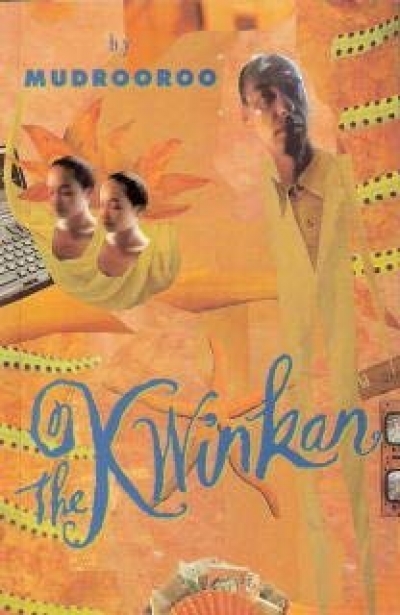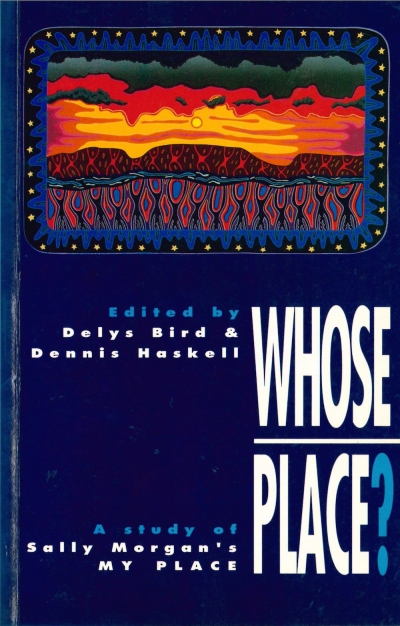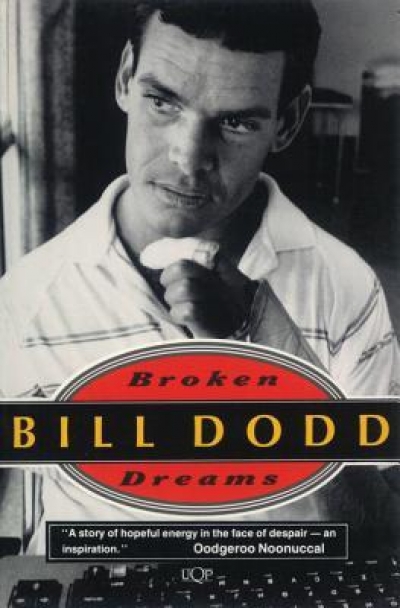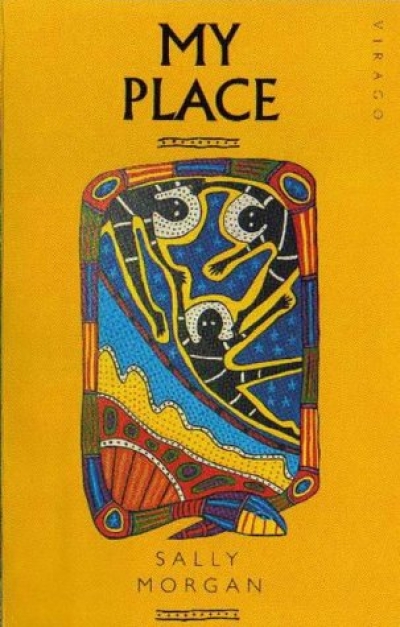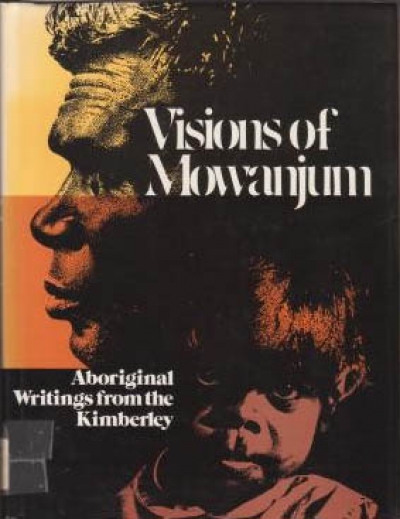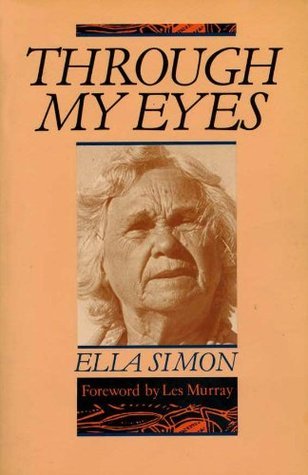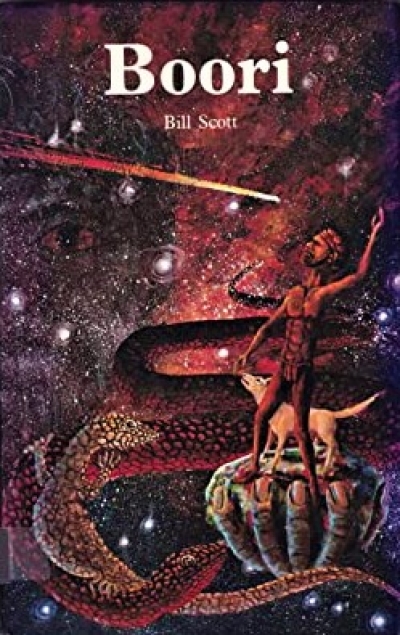Indigenous Writing
As part of his quest to gather information about the ‘famous Dr Warson Holmes Jackamara’ – a Detective Inspector of police, a government official, and the holder of a doctorate in criminology – an Aboriginal oral historian interviews an erstwhile Queensland real estate broker and aspiring politician, for whom Jackamara once worked as a ‘minder’. The transcripts of the resulting thirteen monologues comprise the substance of a novella which presents the reader with an object lesson about the dangers inherent in the greed for power – in hubris – and in white Australian’s failure to recognise the strength of the Aboriginal spirit beings. As such, despite what some might see as its overstrained mythicism, this work has a compelling, and uniquely Australian, quality.
... (read more)Whose Place?: A study of Sally Morgan’s My Place edited by Delys Bird and Dennis Haskell
The first thing to be noted about this collection of essays is that it is aimed at a quite specific market – HSC/VCE students. There is a list of ‘Study Questions’ at the end, and the language of the essays is consistently pitched at an upper secondary school level. Readers who want more complex responses to My Place would be better served by consulting the eclectic bibliography to the text as a starting point.
... (read more)In 1983, Bill Dodd was nearly eighteen when he dived into a river and nearly lost his life. Dodd warns against diving carelessly into waterholes: ‘It can give you a lot of unnecessary hassles, take it from me.’ This laconic understatement is characteristic of Dodd’s account of his life. He is now a quadriplegic confined to a wheelchair for life. Yet, without straining credibility, Dodd manages to convince you that he is a lucky man.
... (read more)Reading My Place by Sally Morgan reminds one of how powerful a book can be when there is an urgent story to be told. This book, let me say at the outset, is wonderful.
Sally Morgan and her four brothers and sisters grew up in Perth in the 1950s and 1960s. They are part Aboriginal, but didn’t know it then. They knew they were darker, different, perhaps they were Greek; their mother and grandmother told them they were Indian and this answer satisfied the kids at school, and them for a time.
... (read more)Visions of Mowanjum: Aboriginal Writings from the Kimberley by Daisy Utemomorrah et al; Maisie McKenzie
How, not being an anthropologist, do you set about reviewing tales and fragments of experience from Aboriginals of the Kimberleys? You might begin by stating your difficulties.
People like me can usually establish some kind of empathetic link with the arts and traditions of many cultures. If we cannot feel our way into them, at least we can derive intellectual pleasure from contemplating them: as a rule there is some point of contact, although to us, of the western heritage, nothing can ever be as real as what belongs to the family of Hellenism. I can ‘make something’ of Hindu sculpture, Inca masks, Negro jazz; perhaps even of shamanic spells.
... (read more)‘From the day you were born all you ever heard about was how you came from the “Blacks” Camp! You weren’t a person; you were just a thing that had to live out there to keep you away from decent people. It’s not too different today, either.’
... (read more)The exploits of legendary heroes, so deeply rooted in particular cultures, very often suffer diminution by being retold in another language. Heroic deeds need no justification or explanation for the original audience, who share with the teller the same aspirations, the same fears, and the same codes of behaviour. The explanatory footnote and the authorial aside to mitigate strangeness in a new version are just as fatal to authenticity as those turn-of-the-century illustrations showing Jason and Perseus looking like upper-class British Empire builders, exemplars of the Baden-Powell ethos.
... (read more)

